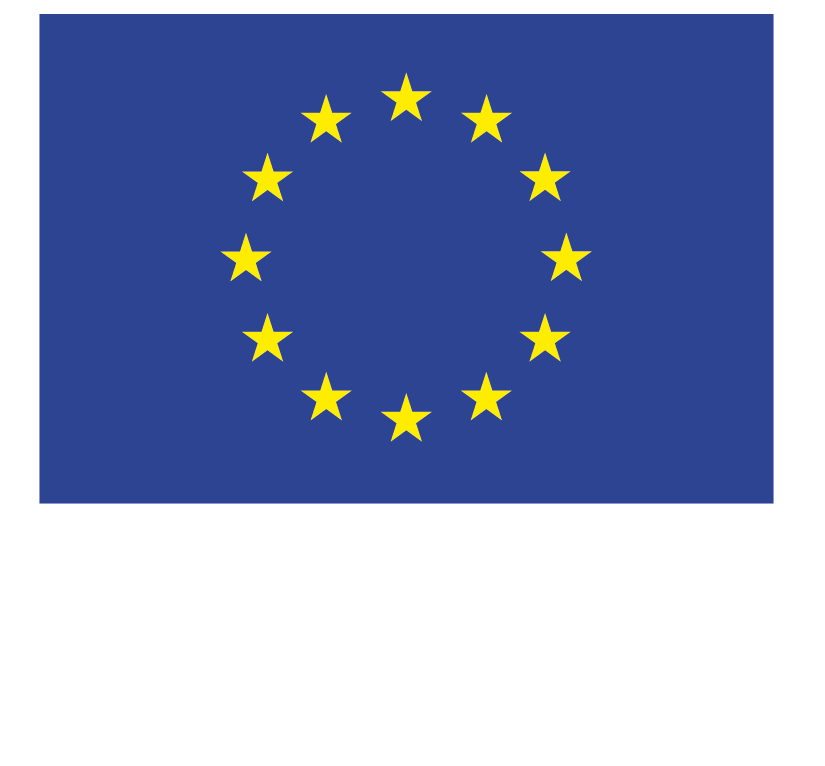06 October 2022
EU NAVIGATE officially launched a Horizon Europe-funded project aiming to develop a navigation intervention for older people with cancer and their family
On 19 and 20 September 2022, 11 organisations from 7 countries met in Bruges, Belgium for the launching of the EU NAVIGATE project funded by the European Commission’s Horizon Europe programme under Grant Agreement No. 101057361. The project will run until August 2027. Coordinated by the End-of-Life Care Research Group of the Vrije Universiteit Brussel (VUB) and Ghent University, EU NAVIGATE will adapt Canada’s existing and successfully-tested Nav-Care intervention into NavCare-EU intervention, evaluate NavCare-EU’s effectiveness and cost-effectiveness, and understand how this intervention can be implemented in different health care systems in Europe.
“Cancer disproportionately affects older people. A 60% share of the estimated new diagnoses and 73% of estimated deaths in 2020 occurred in persons aged 65 years and older.”1
As there is a fast-growing number of older people with cancer, it is essential to develop high-quality, equitable, and cost-effective care across the continuum of supportive, palliative, end-of-life, and survivorship care for both cancer patients and their family caregivers. Navigation interventions offer a well-recognised potential to support, educate, and empower patients and address individual and. community barriers to their timely access to the services and resources that they need. The core component of this intervention is a patient navigator, who is a dedicated person engaging with patients on an individual basis2.
In NavCare-EU, navigators will collaborate with patients and families to improve their quality of life and well-being, foster empowerment, and facilitate timely and equitable access to health and social care services and resources as needed, throughout the supportive and palliative care continuum.
“A fast-growing number of older people with cancer and their family experience a myriad of physical, psychosocial and spiritual needs, as well as practical challenges in their daily life. Many have challenges in timely accessing the necessary health and social care services, such as supportive and palliative care. We need a sustainable strategy to meet these challenges. Navigation interventions using specially-trained navigators hold promise, but we need highquality evidence to support their implementation. EU NAVIGATE will work in the next five years to provide this evidence.”
Effectiveness and cost-effectiveness will be evaluated through an international pragmatic randomized controlled trial, performed across six European countries (Belgium, Ireland, Italy, The Netherlands, Poland and Portugal). This experimental study will be conducted among 532 cancer patients aged 70 years and older and their family caregivers. A detailed study of cost-effectiveness of patient navigation as part and beyond the project’s trial will also be undertaken, as well as subgroup and cross-country analyses to best understand and optimise its impact. Based on the evaluation of the project’s pilot navigation system, on a mapping study of already existing navigation systems across Europe and on wide stakeholder consultation, the project will ultimately result in the publication of high-impact recommendations on wider implementation of patient navigation in Europe and addressing of associated policy needs, targeting European decision-makers as well as the European supportive and palliative care community.
The EU NAVIGATE consortium includes 11 partners and one affiliated entity from 7 countries across a variety of medical and social care disciplines, methodologies and domains, as well as academic and civil society partners involved in research, practice and policy-making:
- Vrije Universiteit Brussel (VUB; Belgium)
- Trinity College Dublin (TCD; Ireland)
- Jagiellonian University (UJ; Poland)
- University of Coimbra (UC; Portugal)
- Ghent University (GU; Belgium)
- University of British Columbia (UBC; Canada)
- Amsterdam University Medical Center (AUMC; Netherlands)
- European Cancer Organisation (ECO; Belgium)
- European Association for Palliative Care (EAPC; Belgium)
- AGE Platform Europe (AGE; Belgium)
- Italian League for the Fight against Cancer with their affiliated entity Istituto dei Tumori Milano (LILT/INT; Italy)
Project Coordinator: Lieve Van den Block, lieve.van.den.block@vub.be
Dissemination and Exploitation Manager: Marta Silva, marta.silva@europeancancer.org
1 Joint Research Centre. (2022). European Cancer Information System: 21% increase in new cancer cases by 2040. Joint Research Centre. Retrieved August 25, 2022, from https://joint-research-centre.ec.europa.eu/jrc-news/europeancancer-information-system-21-increase-new-cancer-cases-2040-2022-03-16_en
2 Reid, A E, et al. The impact of patient navigation: A scoping review protocol. JBI Database Syst Rev Implement Reports 17(2019).



Comments are closed